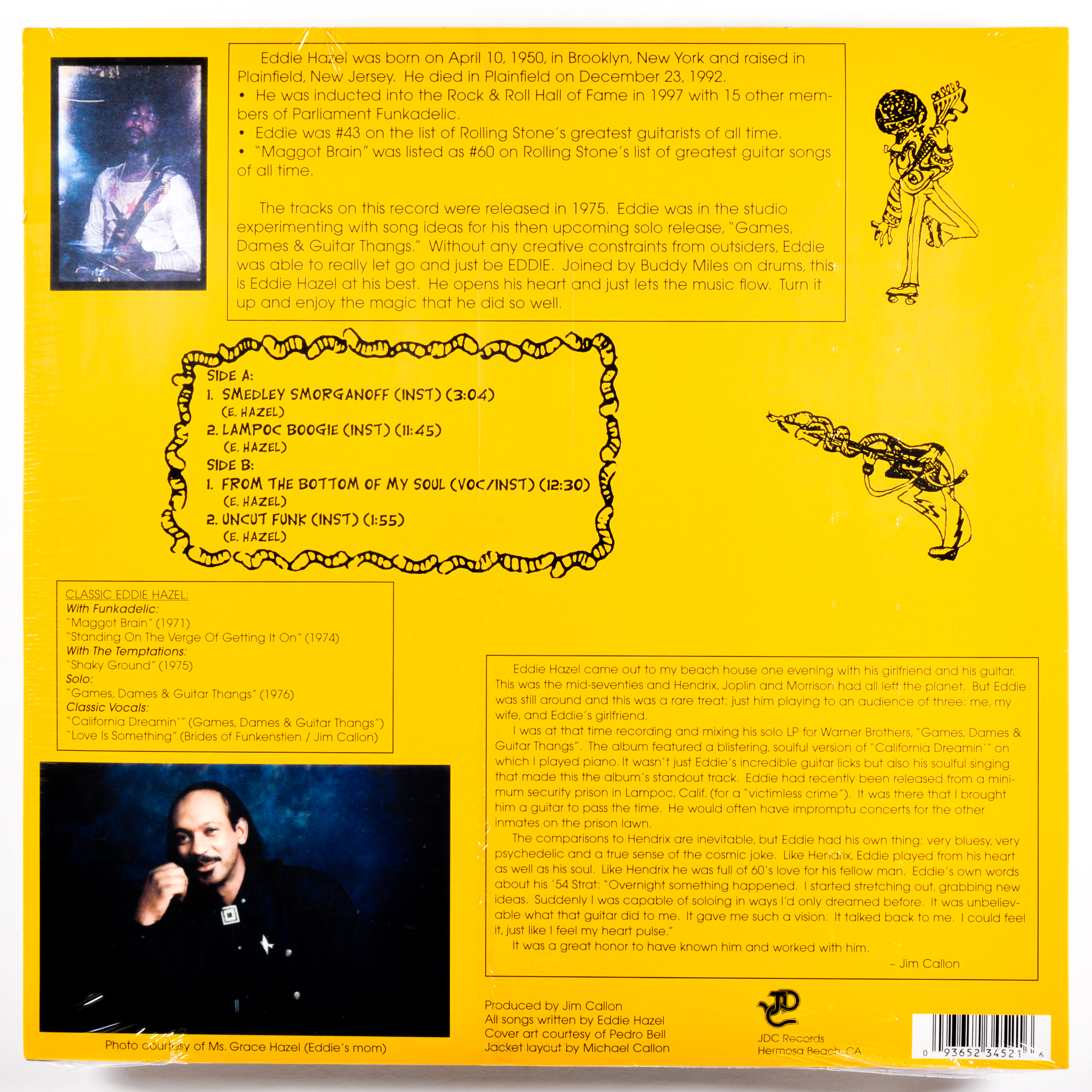

Yet there is a bizarre logic in Davis’ playing here, especially if one considers him as much a conductor as a player. Were someone to transpose his playing, I don’t think a single passage of notes would be unmarked by either slurs or dots. So I learned to play two-bar phrases and that's where I was going with my new music.On Agharta, Miles’ playing is not smooth in the sense of his classic mid-range legato, but he seems to have found a sound almost beyond legato, his trumpet burbling through phrases with amoebic progression, punctuated by squeaking staccato pips. An amplified trumpet doesn't sound good when you play real fast. It's like mixing paint: with too many colors you get nothing but mud. And the smoother you play a trumpet, the more it sounds like a trumpet when you amplify it. When you do hear the new sound, it's like rush, but a slow rush.But you don't have to blast because you've got an amplifier.

You just don't stop playing the way you used to play. Playing the new shit was a gradual process. As Miles explains of his playing circa- On the Corner in his autobiography:Īt first there was no feeling because I was used to the old way of playing thing like with Bird and Trane. It’s also a reflection of the conscious, well-considered shift in style brought on by the evolution of his musical direction. Upon further listens, however, Miles’ playing reveals a quiet strength and a striking counterpoint to the fiery sound of his band. His playing on A Tribute to Jack Johnson is the strongest of any of his studio album, and here I thought he sounded on the brink of death. The first time I listened to the album, I nearly despaired at this just five years earlier, Miles was at the top of his game. Further diluted in wah-wah effects, Miles’ trumpet creeps into the rumbling funk of his bandmates with a sound so watery one first suspects he hadn’t cleared his spit valve in six months. When Miles enters on trumpet two and a half minutes in, his ailments and substance abuse issues can be heard in his wan tone. The effect is jarring, unsettling and it instantly throws a wrench into the funky groove of “Prelude,” catching the audience off-guard from the start. Those electronic shrieks sound like a primal beast moaning in agony and rage. Out of this molten foundation bursts tuneless synthesizer screams in abstract buzzes so hot the speakers threaten to melt. Everyone combines to form a primal sound, one tied to African rhythms that stretch even farther back in time to the bubbling of the primordial soup.

Everything bubbles and rumbles like disturbed magma, James Mtume’s frantic percussion complementing Al Foster’s rhythmic drumming, while Michael Henderson’s groovy bass mingles with funk rhythm guitars.

When Agharta and Pangaea came out after three years of nothing but vault-clearing compilations that only hinted at the strides the ever-changing live bands were making, even Miles’ dwindling numbers of faithful must have been stunned.įrom its opening moments, Agharta lives up to its namesake, the legendary city within the Earth’s core. Its disastrous reception kept Miles out of the studios for years, but he never stopped developing his sound. With On the Corner, Miles overshot his attempts to appeal to young black audiences by jumping ahead of the curve by nearly 20 years, laying the foundation for hip-hop, dub, and drum and bass techniques. Most importantly, it demonstrates his most ambitious attempt to remain current to hip, black audiences, yet Davis’ formal training at Juilliard has never been more evident. Its long-form acid-funk jams sound as far removed from the cool and modal jazzes Miles pioneered as possible but also incorporates themes stretching back to Kind of Blue. It is an album largely defined by the absence and weakness of Miles himself even as it firmly establishes his invaluable role as a conductor. Miles Davis’ Agharta-and, to a lesser extent, its sister record Pangaea-embodies the various dichotomies and outright contradictions of the artist's growth to that point.


 0 kommentar(er)
0 kommentar(er)
